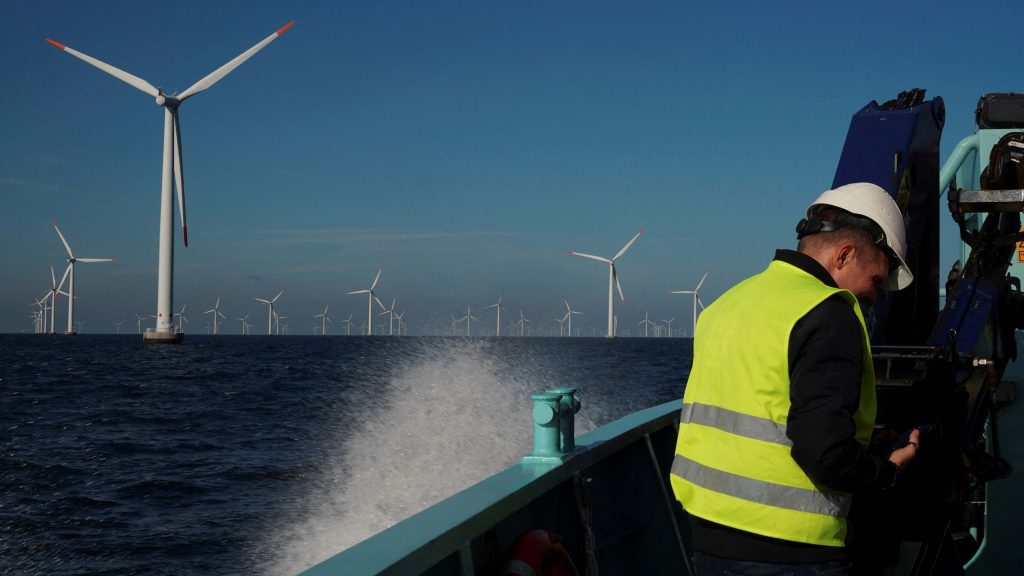
Nearly all European Union countries and around 300 companies and industry groups agreed on Tuesday to move ahead with plans to rapidly expand wind farms and the local industries needed to build them.
The European Commission announced plans in October to support Europe’s wind energy industry, which will need to massively expand capacity to hit the EU’s target to get 42.5% of all energy from renewable sources by 2030 – nearly double today’s share.
All of the EU’s 27 member countries except for Hungary said on Tuesday they would carry out EU recommendations including changing renewable energy auctions in ways that could give local manufacturers an edge – by requiring developers to compete not only based on price, but also on cybersecurity and labour standards.
A spokesperson for Hungary’s EU representation declined to say why the country did not join, but cited an “ongoing national legislative procedure” without specifying further.
The governments agreed to also step up investments in local manufacturing capacity for wind turbines and other parts.
Ingrid Reumert, a senior vice president at Orsted, the world’s largest offshore wind developer, welcomed the governments’ pledge to “walk the talk”.
“The real roadblocks to building 30 GW of wind every single year up until 2030, which is what we need to do to reach our climate targets, will be dealt with by individual EU countries,” she said.
Europe’s main turbine makers all posted operating losses last year. The sector has warned that it is struggling to grow fast enough to meet green power targets, as firms face high interest rates and rising supply chain costs.
The countries also agreed to scrutinise potentially unfair trade practices in foreign wind product manufacturing, as local firms face increased competition from China.
(Reporting by Kate Abnett; Editing by Tomasz Janowski)